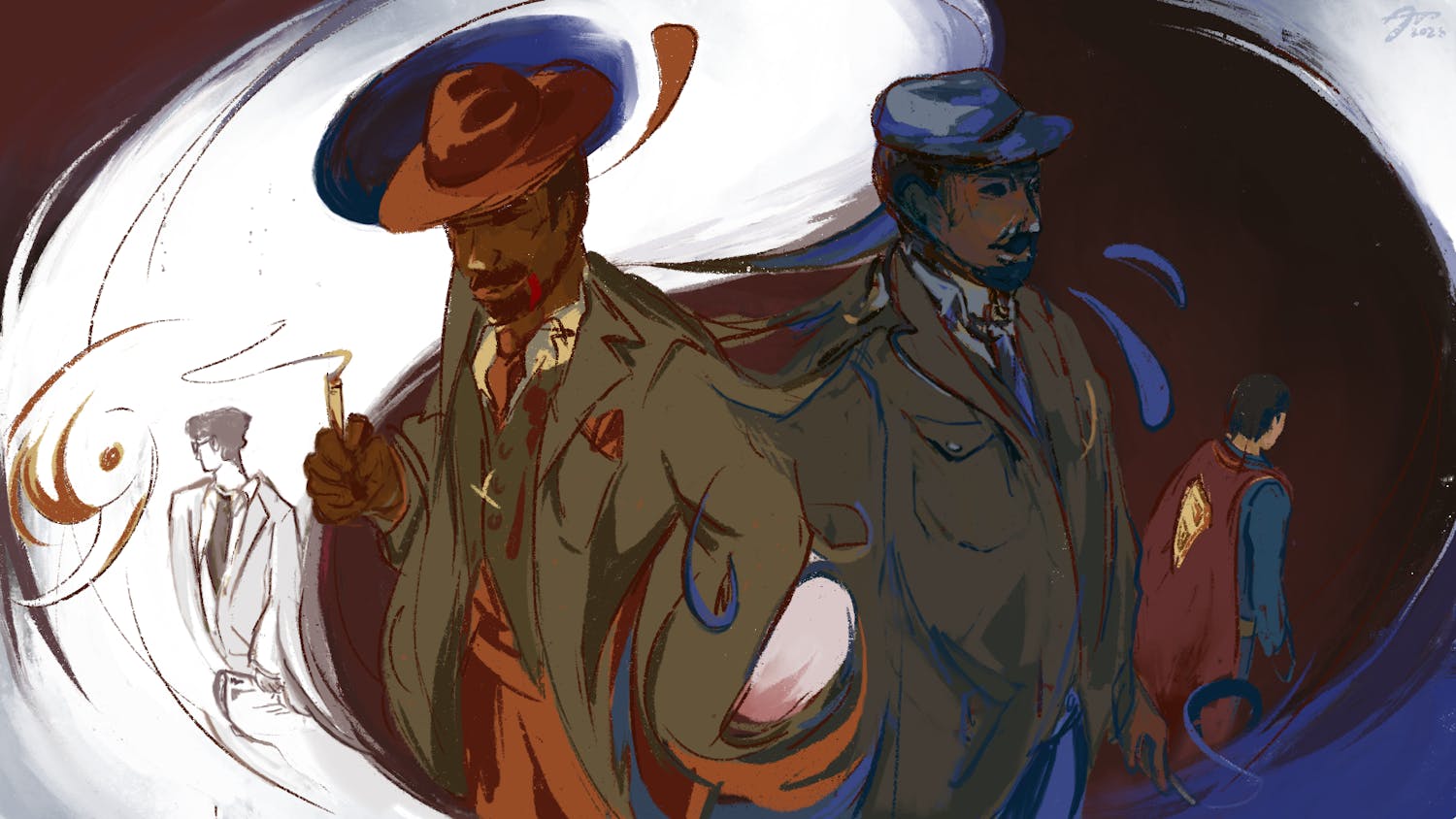We get it, Wes Anderson, you’re quirky. Your movies have a distinctive style. You pull talent from both the most obscure and most recognizable places and you’re a sucker for chase scenes set to wacky music. I like you, Wes. I like that style; I like your actors, and I even like the use of pastels from time to time. I like the trailer for your newest offering, “The Grand Budapest Hotel.” Unfortunately, in some ways, I also hate it.
The trailer for “Grand Budapest” is pure, unadulterated Wes Anderson. Uncomfortable zooms? Check. Colorful characters played by the usual suspects? Check. Ridiculous chase accompanied by twee instrumentals and bizarre, almost stop–motion visuals? Check, check and check. “Grand Budapest” simply ticks every box on the Wes Anderson laundry list, leading to an important question: how auteur is too auteur?
For those unversed in pretentious film jargon, auteur theory focuses conceptually around a director and the directing method that distinguishes him or her—think of the melancholic–yet–whimsical overtones of a Tim Burton movie or the flashy, stylistic scenes of a Tarantino flick. Wes Anderson, along with his fellow auteur compatriots, play up their quirks behind the camera, producing a clearly identifable product that certain audiences adore. Of course, these directors don’t have malevolent intentions; they just want to see their work on–screen, and acting as an auteur just happens to work for them. But maybe it’s time to change?
Again, the “Grand Budapest” trailer looks fantastic—a–murder–mystery–chase farce headed by Voldemort himself, Ralph Fiennes. Yet, by playing up the Anderson clichés in the trailer, the editors have robbed it of some worth. No matter how entertaining, the trailer has become a pastiche of Anderson works, a candy–coated, quirky–character–filled wonderland sure to include plenty of zooms and ribaldry. Truly, I do not take issue with Anderson as an auteur, but rather the appropriation of his work in this way. Trailers like this belabor the work of the auteur, hammering in the eccentric aesthetic of auteurs like Anderson to the point where it becomes downright satirical.
Wes, we get it, and I think you get it, too. This trailer must be representative of the film as a whole, yet your editors have taken the liberty of making sure that everyone and their mother knows it’s one of your movies. I’m sorry they did this to you. The public at large should know that you’re a culture, not a costume. I mean, an auteur, not a manic–pixie–director–man.







